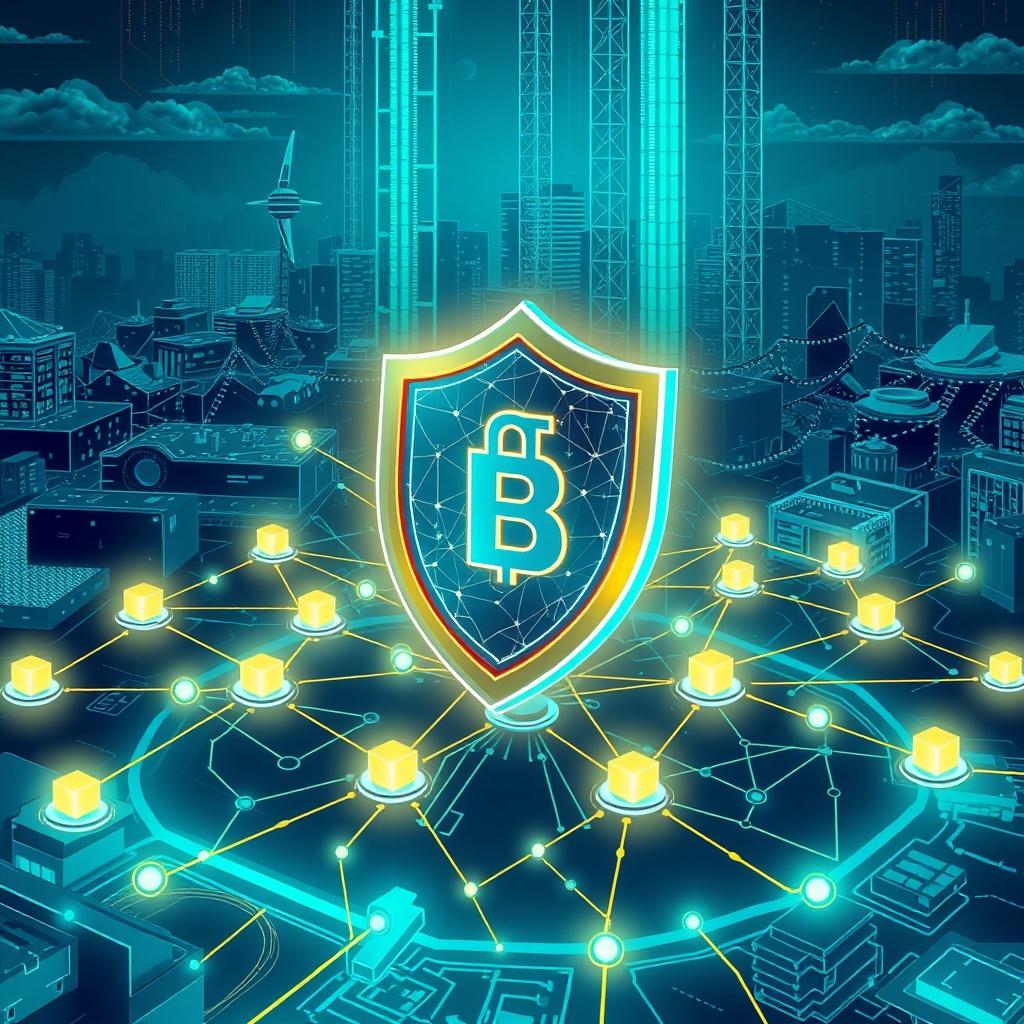Revolutionizing Resilience

In an era where cyber threats loom larger than ever, the concept of network security has evolved dramatically. Centralized systems, while they have been the backbone of many technological advancements, are inherently vulnerable to single points of failure. Enter blockchain technology—a decentralized framework that could redefine the landscape of network security. By distributing data across a network of nodes, blockchain minimizes the risk associated with these vulnerabilities, creating a more robust and secure environment for data transactions.
Decentralized Architecture: The Game Changer

At the heart of blockchain’s appeal lies its decentralized architecture. Unlike traditional systems that rely on a single server or a limited set of nodes, blockchain disperses information across a vast network. This means that even if one node is compromised, the integrity of the overall system remains intact. This architecture not only enhances security but also promotes transparency and trust among users.
Consider the following advantages of decentralized systems:
- Redundancy: Multiple copies of data exist across the network, ensuring accessibility even if one node fails.
- Immutability: Once recorded, transactions cannot be altered, reducing fraud and unauthorized changes.
- Increased Trust: Users can verify transactions independently, fostering a culture of transparency.
Practical Applications and Future Implications
The implications of blockchain technology extend beyond theoretical discussions; its applications are already making waves across various industries. From finance to healthcare, organizations are beginning to implement blockchain solutions that bolster security and reduce the risks associated with centralized control.
For example, in financial services, blockchain can eliminate fraud by providing a secure, transparent ledger of transactions. In healthcare, patient data can be securely shared and accessed without the risk of single points of failure that plague traditional databases. As the adoption of blockchain continues to grow, we will likely witness a transformative shift in how organizations approach network security.





